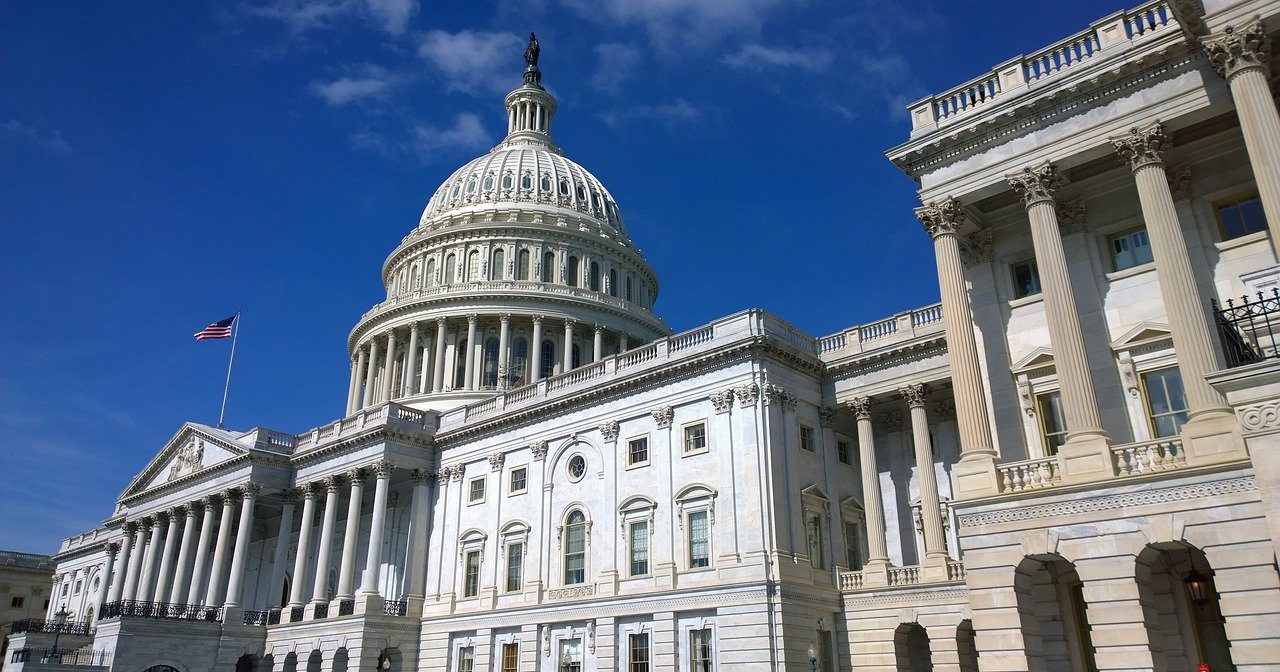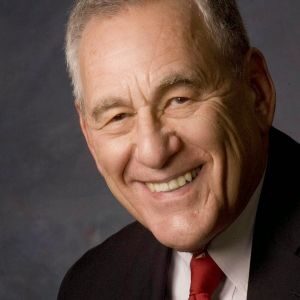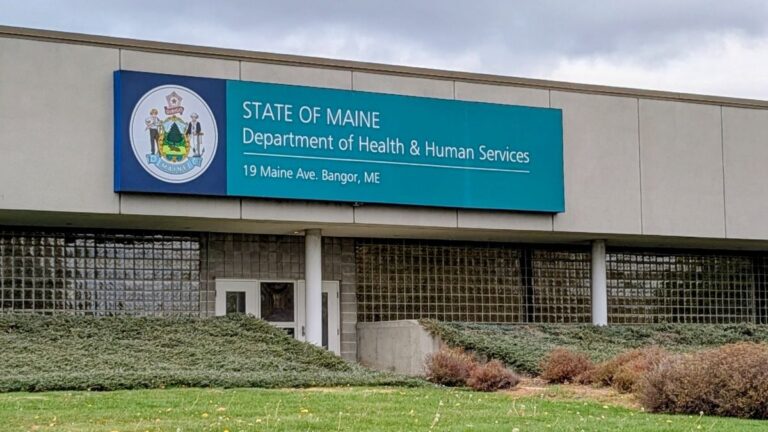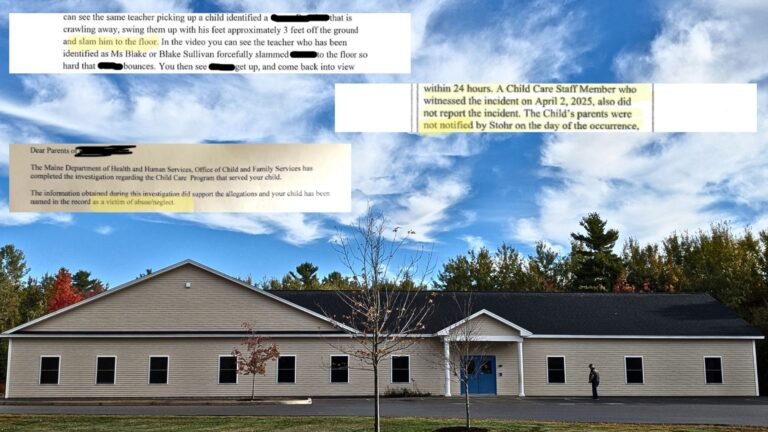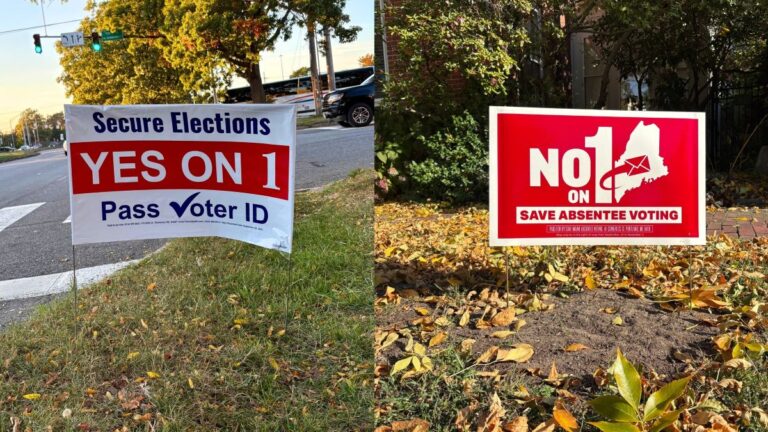If President Biden raises taxes on the wealthiest people, will you lose your job? Or pay more taxes even if you are not wealthy?
Opponents of tax increases on the top 1 percent sometimes make it sound like the rich don’t mind paying taxes, but worry that if the federal government raises their taxes, they will have less to invest in creating jobs. Using that hammer, they bang the loudest political gong: “Jobs, jobs, jobs.”
This claim may sound reasonable. If my taxes increase, no matter how low they might have been, I will have less money to invest. With less capital flowing into the economy, there will be less need for labor to do the work.
The problem with this seemingly logical assertion is it has no basis in fact. Beware of economic models that forecast negative effects from taxation; their assumptions are set to produce the results their sponsors want. They may forecast an economic cost, but fail to explain how public needs would be met without tax revenues.
Besides, how can Americans be sure that untaxed income will be invested in job-creating activities? In passing the COVID-19 stimulus bills, Congress had to ban corporations from using the money they received to buy their own stock, thus raising its price. Corporations did that with previous stimulus laws without creating new jobs.
Another use of non-taxed gains has been to raise the pay of top executives. The result is the widening income gap between the wealthiest and the average working person.
The claim about harming jobs is false because tax dollars mainly fund purchases in the private economy, which creates jobs. If the government takes in less, as it did in the last administration, it should spend less. Deficits grew and the federal workforce increased under President Trump.
As for spending, payments for Social Security mostly go to people who then spend almost all of what they receive on consumer purchases. Retail sales are by far the largest driver of American economic health.
Defense spending is a large part of the budget. Members of Congress fight for military bases and construction in their states and districts as much for the jobs they support — putting spending money in people’s pockets.
In fact, the major role of the federal government as a customer in the national marketplace is one reason presidents try to take the credit for a strong economy.
The wealthiest people and largest corporations may also claim they are already subject to tax rates among the highest in the world. They argue that it simply would not be fair to undercut them in direct competition with others.
This claim is false. The U.S. corporate rate is less than in all other leading free-market countries, except the UK. If Biden gets what he seeks, the combined rate of state and local taxes would still be less than it was under President Obama.
The supposed impacts of higher rates may not matter. Biden proposes raising the rate on capital gains, though not to the level under Obama. The New York Times reported: “Investors care more about economic data and corporate profits than an increase in the capital gains tax. It has usually been this way.”
Biden moves the country closer to asking if there is any good reason to tax workers’ incomes at a higher rate than investors’ gains. In Maine and other states, the capital gains rate is the same as the top regular income tax rate. The federal capital gains rate is much lower.
Complaints about tax increases gloss over the difference between the formal rates and what the wealthy and big corporations really pay. Welcome to the rich and fertile land of loopholes.
While the rates enacted by Congress get much media attention, the little-known exceptions in the law or those authorized to be developed by the IRS result in those rates being much lower in practice.
In his first speech to Congress, Biden said, “A recent study shows that 55 of the nation’s biggest corporations paid zero in federal income tax last year.”
Wealthy individuals may do the same. In 2020, ABC News reported, “The tax-avoidance strategies that President Donald Trump capitalized on to shrink his tax bill to essentially zero is surprisingly common among major real estate developers and other uber-wealthy Americans.”
Biden speaks of the non-payers coming up with their “fair share.” How much is that? Whatever it means, a “fair share” is likely to be something more than zero. But their political contributions and lobbying can get the non-payers loopholes that nullify any tax rate.
Add to all of this the almost total elimination of the inheritance tax. One of its purposes was to collect some taxes from wealthy people who had benefited from loopholes.
In the end, somebody has to pay for necessary government spending. If some get tax breaks, others have to pick up the cost. Tax policy is not really about jobs; it’s really about who pays.


